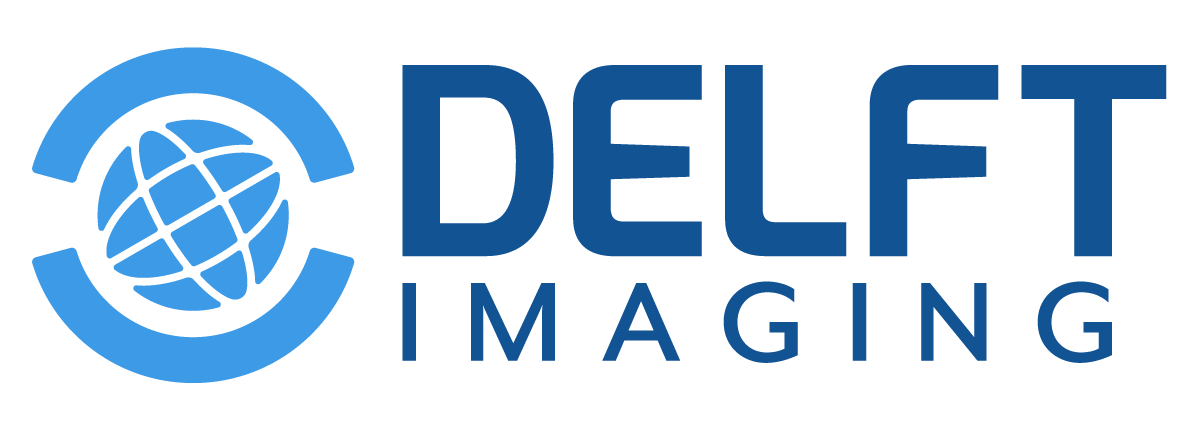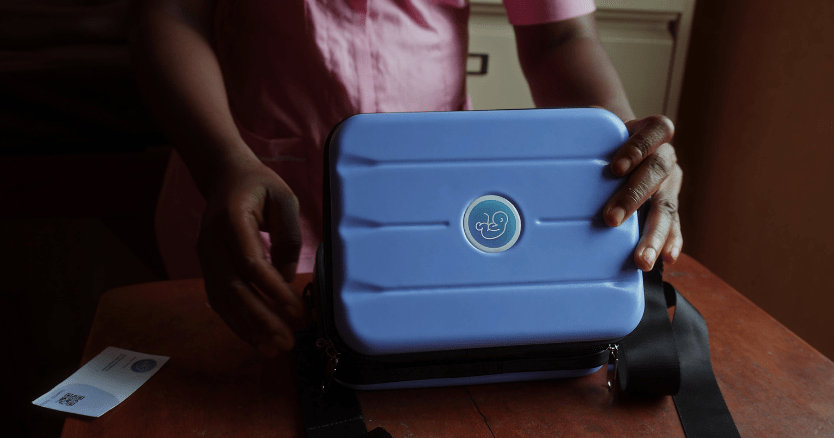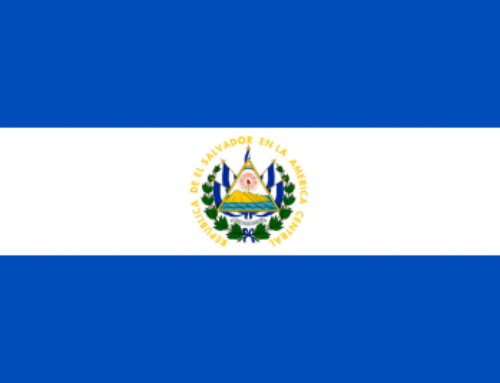Our projects in lung health
In Sierra Leone, tuberculosis remains a major public health concern. In 2023, an estimated 24,000 people developed the disease, and while the number of deaths declined significantly to 1,800, over 3,000 people faced TB-HIV co-infection. With 2,051 individuals still missing from TB care and 152 more affected by drug-resistant forms, the need for early and accurate diagnosis is as urgent as ever.
Our work in Sierra Leone has focused on expanding access to reliable diagnostics, even in low-resource or off-grid settings. In 2018, the IDA Foundation, with support from the Global Fund, installed 10 EasyDR systems and 2 additional digital X-ray units at Connaught Hospital and ten district hospitals nationwide. Delivered by Delft Imaging, these multi-functional systems were solar-powered and equipped with battery backup, enabling up to six hours of operation during power outages.
To support active case finding, 2 portable digital X-ray systems were also provided. These systems, equipped with CAD4TB, enable healthcare workers to detect TB-related abnormalities in real time and transfer images remotely for expert interpretation through teleradiology.
A five-year maintenance contract is in place between the Government of Sierra Leone and us, along with our local partner, ensuring the long-term support and sustainability of the installed infrastructure.
In 2021, a local NGO facilitated the delivery of another EasyDR X-ray system to a regional hospital. The following year, we provided a Delft Ultra system along with CAD4TB, including on-site training and installation services.
In 2025, a variant of the Delft Light with CAD4TB was procured by Medici con l’Africa CUAMM, extending access to AI-supported TB diagnostics in Sierra Leone’s more remote healthcare settings.
We are also committed to advancing maternal health in Sierra Leone through BabyChecker. The first BabyChecker deployment in Sierra Leone began in 2020 at Lion Heart Medical Center. The implementation compared scans performed by trained midwives using BabyChecker with standard ultrasounds performed by a doctor. The project demonstrated strong clinical relevance and local acceptance.
Our projects in maternal health
Sierra Leone continues to face one of the highest maternal mortality rates in the world, with 354 deaths per 100,000 live births in 2023. Although this represents a significant improvement from previous decades, down from over 1,500 deaths per 100,000 live births in 2000, the burden on maternal health services remains substantial. Limited access to skilled birth attendants and diagnostic tools in remote regions underscores the urgent need for sustainable maternal health interventions.
Delft Imaging is committed to advancing maternal health in Sierra Leone through BabyChecker. The first BabyChecker deployment in Sierra Leone began in 2020 at Lion Heart Medical Center. The implementation compared scans performed by trained midwives using BabyChecker with standard ultrasounds performed by a doctor. The project demonstrated strong clinical relevance and local acceptance.
In 2022 and 2023, some BabyChecker units were delivered to healthcare centers across the country to support routine antenatal screening. In 2023, public health students from the Royal Tropical Institute (KIT) conducted an independent study across seven facilities in the Tonkolili District. The study involved 81 healthcare workers and over 2,300 scans. Results showed that 83 percent of the scans met quality criteria, and BabyChecker was user-friendly, acceptable to staff, and feasible to integrate into existing antenatal services.
Making a difference
Lung health
In 2018 and 2019, August and February, respectively, Delft organised two-day IT training sessions. They were arranged for the IT officers of Sierra Leone’s EasyDR X-ray Project, wherein participating hospitals received EasyDRs equipped with CAD4TB and PACS software. Delft Imaging also provided a Chest X-ray Reading Course for doctors and physician assistants at Freetown’s main hospital in 2021.
Maternal health
At the 2024 BabyChecker webinar, Karlin Bacher, Director of Clinical Quality Improvement at Jericho Road Community Health Center, and Irene de Vries, maternal and newborn advisor at KIT Royal Tropical Institute, addressed the broader impact of AI in maternal health. Irene’s presentation, “Beyond Medical Effectiveness: What Patients, Providers, and Health Systems Need,” focused on aligning digital health interventions like BabyChecker with patient expectations and system readiness. Karlin reinforced these themes by highlighting the need for clinical validation and local adaptation when scaling innovations in maternal care in his presentation “Using Technology to Leapfrog Gaps Present in Global Health.”
Amie Lompri Koroma, Program Director at the White Ribbon Alliance in Sierra Leone, presented the findings from a usability study conducted in Tonkolili. Her presentation, “Exploring Experiences with Smartphone AI in Fetal Ultrasound: A Study from Tonkolili, Sierra Leone,” detailed the experiences of 45 pregnant women and 10 midwives using BabyChecker during routine antenatal care. The study found that 100% of the women would recommend BabyChecker to others, and 80% of midwives felt confident using it after training. The results underscored BabyChecker’s practicality and acceptance in rural clinics and its role in strengthening maternal care access in Sierra Leone.






